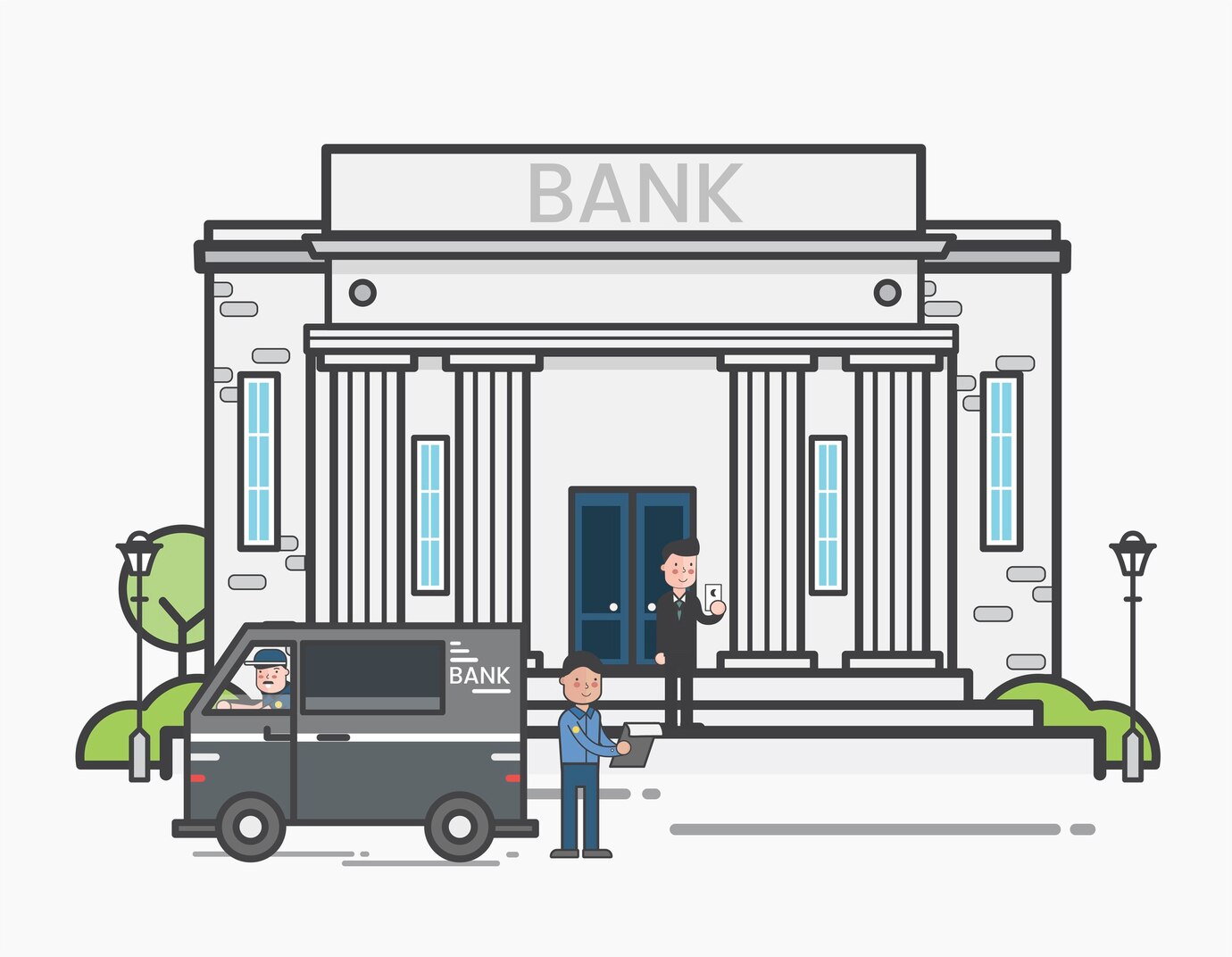
The Federal Reserve has issued a cease and desist order to United Texas Bank, highlighting “significant deficiencies” in the bank’s risk management and its interactions with cryptocurrency clients. This regulatory action underscores ongoing concerns within the U.S. banking sector regarding compliance with stringent anti-money laundering (AML) standards and the Bank Secrecy Act (BSA).
On September 4th, the Federal Reserve’s order revealed findings from a May examination of United Texas Bank. The examination brought to light various shortcomings in the bank’s corporate governance, including lapses in oversight by the bank’s board of directors and senior management. The identified deficiencies were particularly pronounced in the areas of foreign correspondent banking and dealings with virtual currency customers, where the bank struggled to manage risks and adhere to legal and regulatory frameworks.
Bank’s Response and Corrective Measures
Following the Fed’s findings, United Texas Bank has reportedly taken steps to fortify its compliance with the BSA and enhance its AML program. The bank’s board of directors has committed to devising a formal plan to strengthen their oversight of these compliance efforts. Despite the challenges, United Texas Bank, which manages approximately $1 billion in assets and employs 75 people, is actively working to address the deficiencies noted by the Fed.
This action against United Texas Bank is part of a broader trend, as evidenced by a similar enforcement action taken in August against Customers Bancorp and its subsidiary, Customers Bank, in Pennsylvania. These banks faced scrutiny over risk management deficiencies identified during examinations by the Federal Reserve, indicating a possible pattern of heightened regulatory oversight of institutions dealing with cryptocurrencies.
Accusations of Government Overreach
The series of enforcement actions has sparked debate within the cryptocurrency community, with some proponents suggesting that these measures are part of a deliberate strategy to restrict banks’ interactions with the crypto industry—a campaign referred to by its critics as “Operation Chokepoint 2.0.” Dan Spuller, a prominent figure at the Blockchain Association, views the cease and desist order against United Texas Bank as a continuation of this alleged campaign.
| Bank | Date of Action | Key Issues Identified | Regulatory Response |
|---|---|---|---|
| United Texas Bank | September 4 | Risk management, compliance lapses | Cease and desist, corrective plan |
| Customers Bancorp | August 8 | Risk management deficiencies | Cease and desist, ongoing corrections |
The Federal Reserve’s recent actions against United Texas Bank and Customers Bancorp highlight the ongoing challenges and regulatory scrutiny facing banks that engage with the cryptocurrency sector. As banks navigate these complex regulatory waters, the broader implications for the financial industry and the crypto space remain significant. Institutions must balance innovation with stringent compliance requirements, a task that continues to reshape the landscape of financial services in the age of digital currencies.
As the situation unfolds, the financial sector’s approach to managing risk and compliance in the face of evolving digital asset markets will undoubtedly influence future regulatory frameworks and the operational strategies of crypto-friendly banks.
Featured image credit: rawpixel via Freepik
Follow us for more breaking news on DMR
